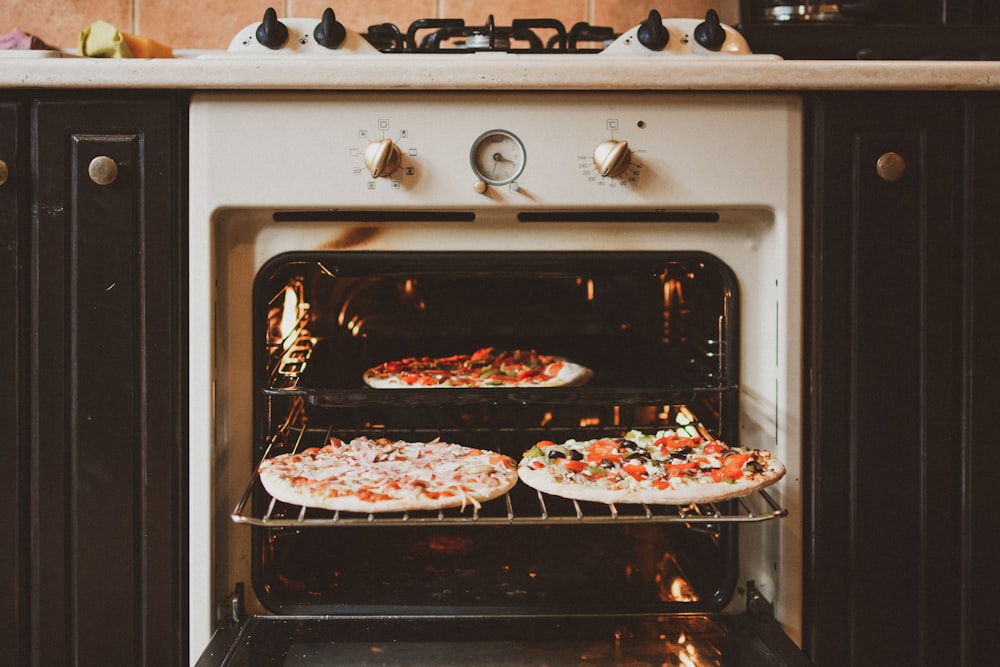Introduction:
Embarking on a culinary journey is an exhilarating experience, especially for those eager to explore the realm of cooking. For beginners, this adventure into the world of culinary arts can be both exciting and daunting. However, with the right guidance and determination, anyone can master the art of cooking from scratch. In this article, we will delve into the essential aspects of beginner’s cooking lessons, providing insights, tips, and inspiration to kickstart your culinary exploration.
The Importance of Fundamentals:
Before diving into complex recipes or elaborate cooking techniques, it’s crucial to grasp the fundamentals of cooking. Beginner’s cooking lessons focus on building a strong foundation by introducing basic skills, terminology, and kitchen safety practices. From knife skills to understanding cooking temperatures, mastering these fundamentals sets the stage for culinary success.
Hands-On Learning Experience:
One of the most effective ways to learn how to cook is through hands-on experience. Beginner’s cooking classes offer participants the opportunity to roll up their sleeves and get actively involved in the cooking process. Whether it’s chopping vegetables, sautéing onions, or flipping pancakes, the tactile experience of cooking helps solidify learning and enhances retention.
Exploring Flavors and Ingredients:
One of the joys of cooking lies in exploring a diverse range of flavors and ingredients. Beginner’s cooking lessons often include sessions dedicated to understanding different herbs, spices, and seasonal produce. Participants learn how to balance flavors, experiment with ingredient substitutions, and adapt recipes to suit personal preferences. This exploration of flavors not only enhances cooking skills but also fosters creativity in the kitchen.
Cultural Culinary Adventures:
Cuisine is a reflection of culture, history, and tradition. Beginner’s cooking classes provide a glimpse into the rich tapestry of global cuisine, allowing participants to embark on cultural culinary adventures without leaving the kitchen. From Italian pasta-making to Thai curry recipes, these classes offer a passport to explore diverse culinary traditions and broaden culinary horizons.
Building Confidence and Creativity:
Cooking can be a transformative experience, instilling confidence and fostering creativity in aspiring chefs. Beginner’s cooking lessons provide a supportive environment where participants can unleash their creativity and express themselves through food. As skills progress and confidence grows, individuals feel empowered to experiment with recipes, develop their unique cooking style, and even create culinary masterpieces of their own.
Nutrition and Healthy Cooking:
In addition to honing cooking skills, beginner’s cooking lessons often emphasize the importance of nutrition and healthy cooking practices. Participants learn about the nutritional value of different foods, how to make informed dietary choices, and how to prepare balanced meals that nourish the body and soul. By incorporating fresh ingredients, whole grains, and lean proteins, individuals can create delicious and nutritious meals that promote overall well-being.
Culinary Community and Networking:
Cooking is not just about preparing food; it’s also about building connections and fostering community. Beginner’s cooking classes provide a platform for individuals to connect with like-minded food enthusiasts, share culinary experiences, and forge lasting friendships. Whether it’s collaborating on group projects or exchanging recipe ideas, the culinary community offers support, encouragement, and inspiration along the culinary journey.
Overcoming Challenges and Embracing Mistakes:
Like any skill, learning to cook comes with its fair share of challenges and setbacks. Beginner’s cooking lessons teach participants how to overcome obstacles, adapt to unforeseen circumstances, and embrace mistakes as valuable learning opportunities. From burnt soufflés to over-seasoned dishes, every mishap in the kitchen is a stepping stone towards culinary growth and improvement.
Continuing Education and Skill Development:
The journey of learning to cook is a lifelong endeavor, with endless opportunities for growth and skill development. Beginner’s cooking lessons provide a solid foundation upon which individuals can continue to build their culinary repertoire. Whether it’s enrolling in advanced cooking classes, attending culinary workshops, or exploring specialized cuisines, the path to culinary mastery is an ongoing adventure fueled by passion, curiosity, and a love for food.
Conclusion:
Embarking on the journey of learning to cook as a beginner is both exciting and rewarding. With the right mindset, dedication, and guidance from beginner’s cooking lessons, anyone can develop the skills and confidence to create delicious meals with flair and finesse. So, roll up your sleeves, sharpen your knives, and let the culinary adventure begin! Read more about cooking lessons for beginners
